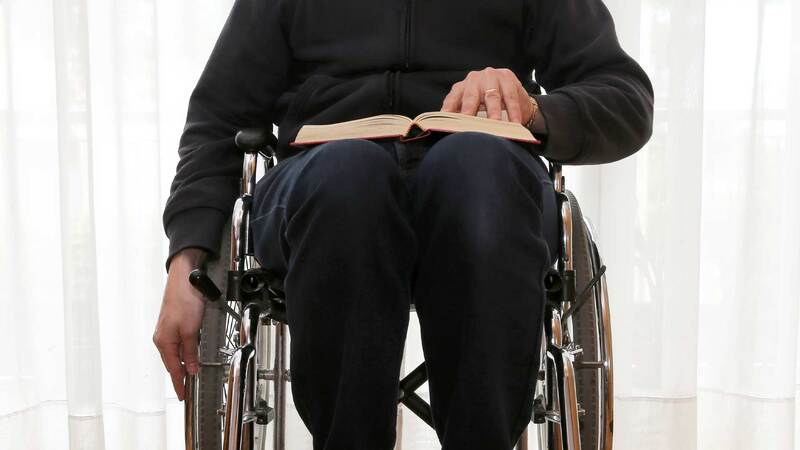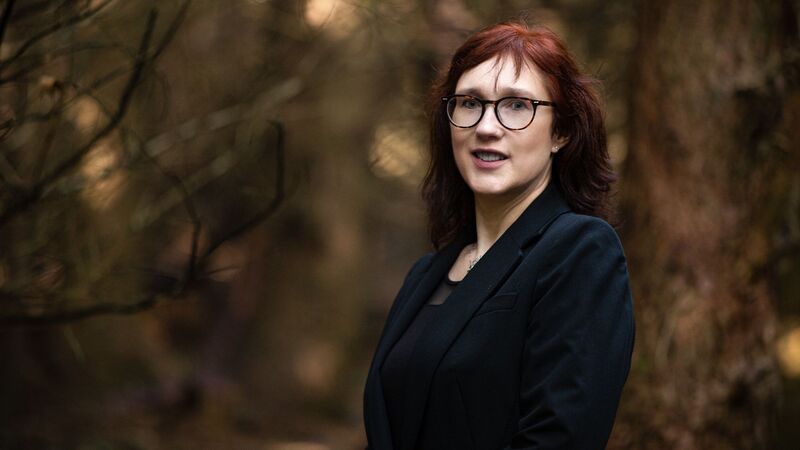You are viewing your 1 free article this month. Login to read more articles.
On #unkindness and doing better
This month, I’ve decided to write something to try and make those feeling sad or disenfranchised a little better. I base my observations on my own experience over the past six years and that generously shared with me by others.
Let us start with bullying. To define, if someone has become nervous or frightened of an individual or individuals — perhaps more generally of the industry and the world around them: make no mistake this bleeds into our broader lives — because of repeated unsettling or undermining behaviour towards them, this is bullying. I would hate to think that people starting out in the publishing industry, whether as new writers or junior staff, were afraid to speak out about how they are being treated because they feel they will be seen as a troublemaker and not be able to progress their career. Have I been bullied? Indeed. I almost stopped writing because of it. I was worried about speaking to people, but I had no choice. I am here writing in The Bookseller, but I am vulnerable, and I get ill; I come from a complex trauma background. If I had not ultimately found support, you would not be reading this.
I know, from shared stories, that others have encountered gaslighting, silencing or had their work passed off as another’s. None of this is acceptable: would that it were possible to see more structure in place so that industry professionals are governed by a code of conduct, with a conduit to reasonable and over-arching support and redress
So, I am still here. Fractured but furious. I know this, and much worse, has happened to others. I know, from shared stories, that others have encountered gaslighting, silencing or had their work passed off as another’s. None of this is acceptable: would that it were possible to see more structure in place so that industry professionals are governed by a code of conduct, with a conduit to reasonable and over-arching support and redress.
Sometimes industry professionals tweet about the things that everyone knows when stories erupt following a sustained pattern of unpleasant behaviour. Truly, only a pool of people do know and those beyond the pool may feel disquieted — even frightened. Firm discussion and careful handling of social media, particularly Twitter threads, are helpful here, although I truly understand how these patterns occur. Thinking more about Twitter, surely it behooves no one in our industry to pit sectors against one another because all it does is make things look more unsafe, particularly to people who struggle to find a voice. I am mindful, for example, of publishers being openly critical of others’ practice. Moreover, I think hashtags used by organisations — #kindness is the one which particularly makes me want to be sick on my feet — need to be treated with caution by the recipient. Why? Because core values are not performative and declaration of rectitude in this context may be a deflection when poor practice is taking place behind the scenes. I worry: there are vulnerable people out there.
Some writers have contacted me to say that they struggled with not getting a reply even after a full submission or when a manuscript has been requested after a pitch event; some trying to get a foothold viewed it as troubling. “I am sure there are more serious breaches of trust occurring, but I consider these as microaggressions towards writers, which affect how we see ourselves within the industry,” wrote one. I hear from people within different strands of the industry who want to say things openly about bad behaviour, gaslighting or being persistently overlooked, but are too nervous to because “publishing is a relatively small pool” and they feel their careers would be jeopardised.
Let me tell you what I did when I was on the floor. First, I established a mutually supportive writing tribe — online — around myself; also, I asked for help online openly and was stunned to have people email me or ask to call me at home, and this includes some well-known writers. Heartening, isn’t it? Then I spoke to an organisation: if you are being treated badly — even if you are unsure what constitutes bad behaviour and need to talk over your situation — find a professional who can advise. Three unions that can help with this are the Society of Authors, the Writers Guild of Great Britain and the National Association of Writers in Education.
Then, with a quality of grudge that thrives in the Celt, I fought back and got productive; I pitched like a demon. That is how I got this column. How you might write, too. Revenge is a dish best served... with a book on top. May I offer you two previous columns to help? One on warning signs and the other on mental health.
So, let us all go forward in the spirit of collaboration, banishing tolerance of coercive, manipulative practice and putting it where it ought to be — in the gutter — while we enjoy looking at the stars, engaged in open conversation, resolute and hopeful. With a book in our hands.
Most of all, Merry Christmas my bookish Bravehearts, and see you in 2022.
Anna Vaught is a novelist, short story writer, editor, mentor, English teacher and mental health campaigner. Her third and fourth books, Saving Lucia (Bluemoose) and Famished (Influx), were published in 2020.



















